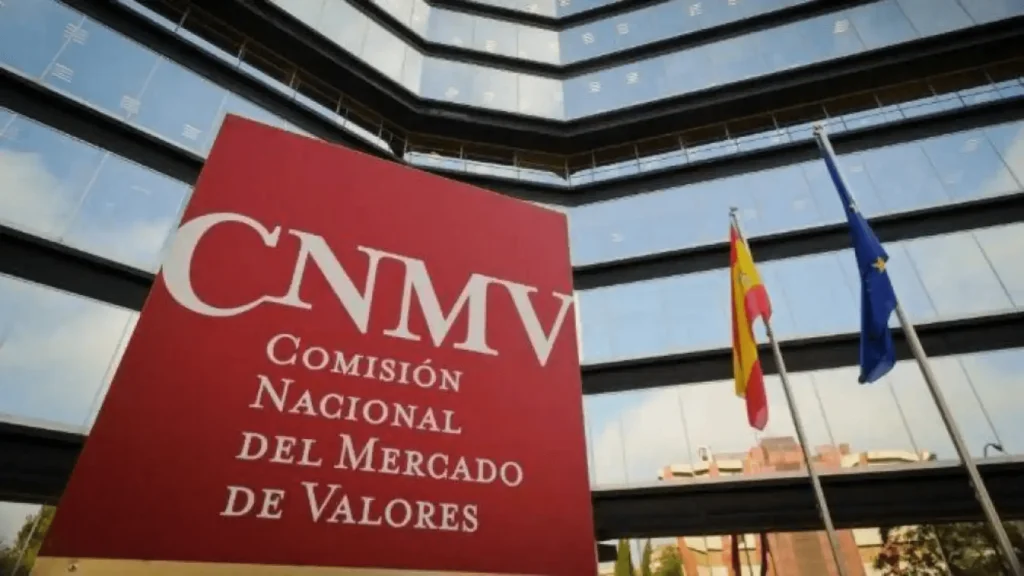The Spanish securities regulator has issued a warning against 18 crypto companies that are operating without proper licensing while the country prepares to adopt the EU-wide crypto regulation and explore its own CBDC.

The Spanish National Securities Market Commission (CNMV), the country’s securities regulator, has published a list of 18 companies allegedly providing investment services or other activities related to crypto assets without meeting the relevant licensing requirements.
The list, which was published on 26 February, includes several crypto companies, such as Bitbinx, Crytomerge, and CryptoMaxiTrade.
According to the CNMV, these companies are not registered in the corresponding registry of the commission and, therefore, are not authorized to operate in Spain.
The CNMV warned the public to exercise caution when dealing with these companies and advised them to check the official registries before engaging in any transactions. The CNMV also reminded the public that crypto assets are not subject to the supervision of the commission and that they entail high risks and volatility.
The Adoption of the EU-Wide Crypto Regulation
The warning from the CNMV comes as Spain prepares to adopt the Markets in Crypto-Assets Regulation (MiCA), a comprehensive framework that aims to harmonise the rules and standards for crypto assets across the European Union.
The MiCA, which the European Commission proposed in September 2023, is expected to be formalised into law by the end of 2024, and it will apply to all EU member states, including Spain. The MiCA will provide legal clarity and certainty for crypto businesses and users, as well as enhance consumer protection and market integrity.
The Spanish Ministry of Economy and Digital Transformation has announced that the country will be accelerating the adoption of the MiCA and that it will work closely with the European authorities and other stakeholders to ensure a smooth and effective implementation.
The Exploration of the CBDC Project
Spain is also one of the countries that is actively exploring the feasibility of introducing its own CBDC, a digital form of fiat currency that is issued and backed by the central bank.
In January 2024, the Bank of Spain, the country’s central bank, announced that it had selected a consortium of collaborators to pilot a wholesale CBDC, which is a CBDC that is used for interbank transactions and settlements. The consortium includes Santander, BBVA, CaixaBank, and the Spanish Association of Payment Institutions (AEP).
The pilot project, which is expected to last for 18 months, will test the technical and operational aspects of issuing and transferring a wholesale CBDC on a distributed ledger platform, as well as the regulatory and legal implications of using a CBDC for cross-border payments.
Notably, Spain’s CBDC project is distinct from the digital euro project, which is a joint initiative by the European Central Bank and the national central banks of the eurozone to study the possibility of issuing a retail CBDC.
Spain’s CBDC project is explicitly stated to be independent of the digital euro project, and it could potentially encompass all economies within the eurozone if it comes to fruition.
Spain’s CBDC project is also one of the world’s most advanced and ambitious CBDC projects, as it aims to create a more efficient, secure, and inclusive payment system for the country and the region.

